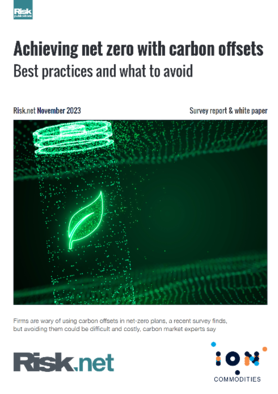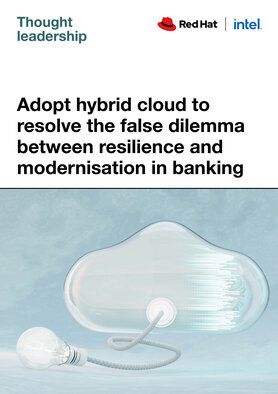Achieving net zero with carbon offsets: best practices and what to avoid

A survey by Risk.net and ION Commodities found that firms are wary of using carbon offsets in their net-zero strategies. While this is understandable, given the reputational risk of many offset projects, it is likely to be extremely difficult and more expensive to reach early net-zero goals without using offsets, say carbon market experts.
Not only are offsets a reasonably fast and cost-effective method of reaching net zero, there are also some key advantages and important learnings for firms that are early to voluntary carbon markets (VCMs). However, much will depend on whether companies can obtain clear, transparent and trustworthy data on offset projects.
“The VCM needs to prove to people that, when they buy a tonne of carbon, it is actually a tonne of carbon,” said Lars Kroijer, founder and managing director of Allied Offsets, a firm that gathers and analyses information on VCM offset projects. “If it can’t do that, then it’s not going to play a big part in firms reaching net zero. If it can do that, it’s going to be massive, as it is likely to be cheaper than most other strategies.”
Download the whitepaper
Register for free access to hundreds of resources.




